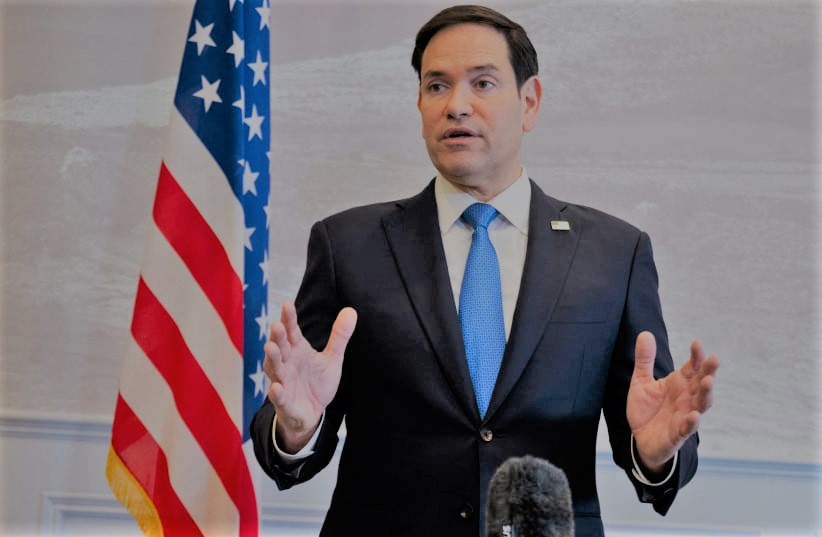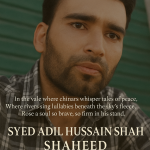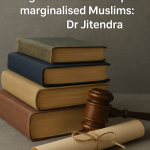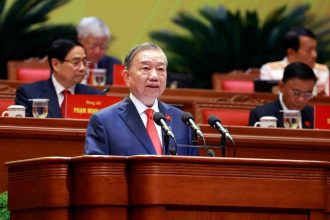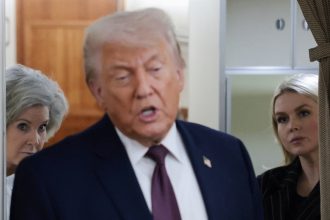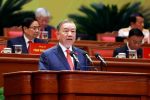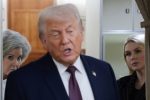In a pointed appeal that reflects growing tensions, U.S. Secretary of State Marco Rubio on Thursday urged Iran to completely halt its uranium enrichment program, end its long-range missile development, and open the doors to American inspectors if it seeks to avoid further confrontation.
Speaking during a Fox News interview, Rubio’s message was direct: Iran must not only stop enriching uranium but also end its support for militant groups and walk away from what he described as “provocative” military programs.
“They need to stop sponsoring terrorism, stop aiding the Houthis in Yemen, stop building missiles designed for nuclear warheads, and yes — stop enriching uranium,” Rubio said, highlighting that these steps are non-negotiable if Iran wants a peaceful resolution.
His remarks come at a sensitive moment. A new round of nuclear negotiations, initially planned for Saturday in Rome, has been postponed. A senior Iranian official told Reuters the delay stems from uncertainty over the U.S. stance and that a new date would be set depending on Washington’s approach.
Iran has consistently defended its right to enrich uranium under the Nuclear Non-Proliferation Treaty, insisting the program is for peaceful energy purposes. It has also maintained that its missile program is for national defense — not a pathway to nuclear weapons.
But Rubio argues that any enrichment capability poses a threat. “Even enrichment at 3.67% — which Iran claims is for power — can be escalated to weapons-grade levels in just weeks,” he said. He suggests that Iran import enriched uranium for civilian use, rather than develop it domestically.
He also emphasized that any viable agreement must include unrestricted international inspections — including access to military sites. “Transparency is not optional,” Rubio said. “If Iran wants to be trusted, they need to let the world see behind the curtain.”
While Iran remains firm on its position, the world watches closely, hoping diplomacy can still guide the path forward.
